Why Performing Umrah is a Life-Changing Experience?
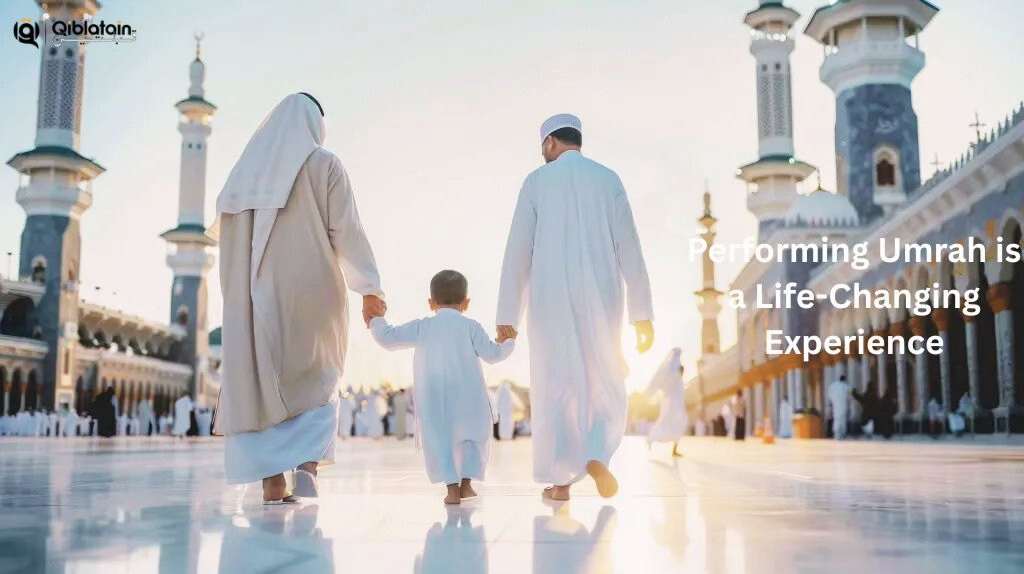
Why Performing Umrah is a Life-Changing Experience? Many people experience noticeable change in their personal lives after performing Umrah. Umrah is an achievement for Muslims because it is a way of forgiveness and ultimate path to Jannat. If done with good intentions it totally life changing decision because of the benefits it has. What is […]
How Reciting Qur’an During Umrah Amplifies Barakah
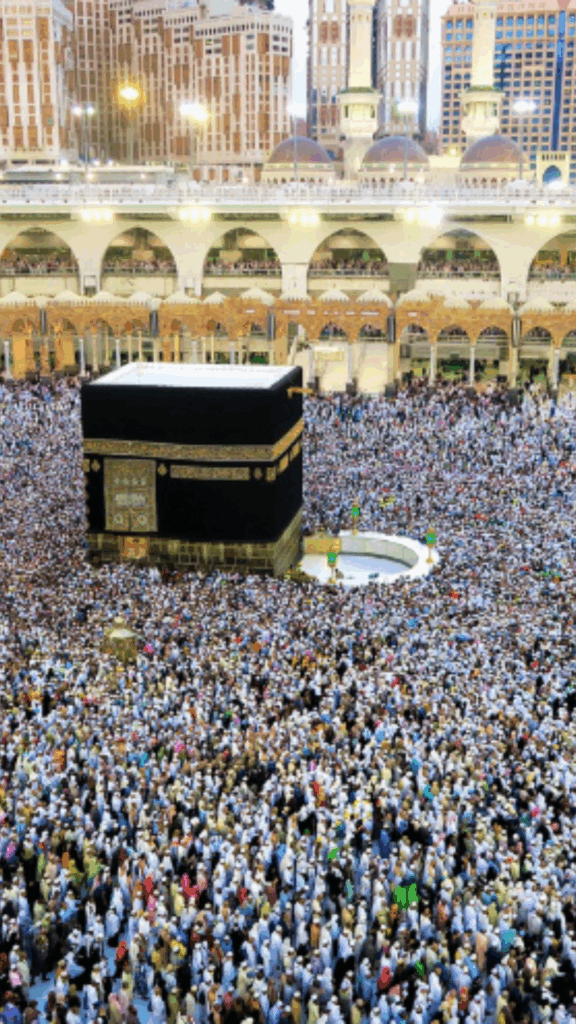
How Reciting Qur’an During Umrah Amplifies Barakah Umrah is a lesser pilgrimage. Muslims embark on this spiritual journey to purify their souls. The Quran is the message of Allah for people. It teaches us about the purpose of life. Reciting the quran is an honour and brings blessings from Allah. Reciting the quran during Umrah […]
What the Quran Says About Visiting the House of Allah

What the Quran Says About Visiting the House of Allah There is no denying that the Holy Kaaba, the sacred house of Allah Almighty, is the holiest site for Muslims. Millions of Muslims gather yearly at this sacred cubic landmark to fulfill their obligation to the Almighty by performing the Hajj. Many Muslims also gather […]
Understanding the Rituals of Ihram: What It Is and How to Wear It Correctly

Understanding the Rituals of Ihram: What It Is and How to Wear It Correctly How Reciting Qur’an During Umrah Amplifies Barakah We all know Ihram as pilgrims’ clothing during the Hajj or Umrah. But it is essential to remember that it is more than just a piece of clothing. Ihram is a ritualistic state that […]
Sorcery in Islam: A Comprehensive Study of Its Prohibition and Dangers

Sorcery in Islam: A Comprehensive Study of Its Prohibition and Dangers Introduction Sorcery (As-Sihr) is one of the most severe sins in Islam, to the extent that some scholars consider it an act of disbelief (kufr) when it involves invoking jinn or demonic entities. In a world where occult practices are spreading in various forms, […]
Choosing a Spouse in Islam: Guidance and Advice for a Blessed Union

Choosing a Spouse in Islam: Guidance and Advice for a Blessed Union Introduction Marriage in Islam is more than just a union between two individuals; it is a sacred commitment based on divine principles and spiritual values. Choosing a spouse is a decision that impacts not only this worldly life but also the hereafter. In […]
The Tarawih Prayer: A Spiritual Act You Shouldn’t Miss During Ramadan
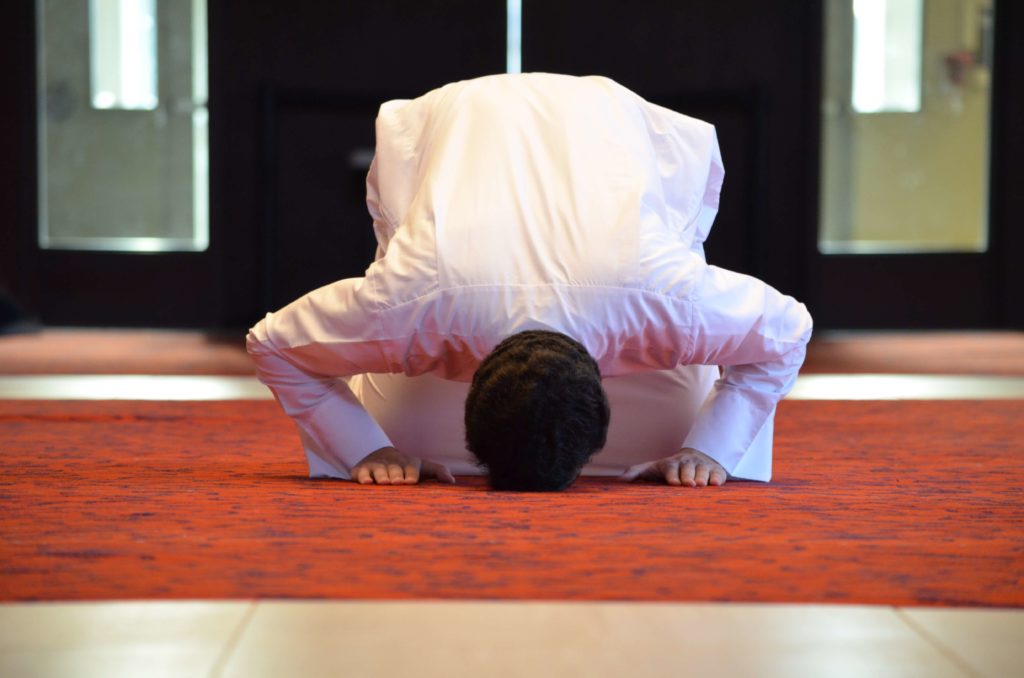
The Tarawih Prayer: A Spiritual Act You Shouldn’t Miss During Ramadan Introduction: The Tarawih Prayer, An Invaluable Spiritual Benefit The Tarawih prayer, offered after the ‘Isha prayer during the blessed month of Ramadan, is one of the most important practices to strengthen our bond with Allah (SWT). It is an act of devotion that offers […]
Ramadan 2025 Dates: Prepare for a Blessed Month of Learning and Reflection
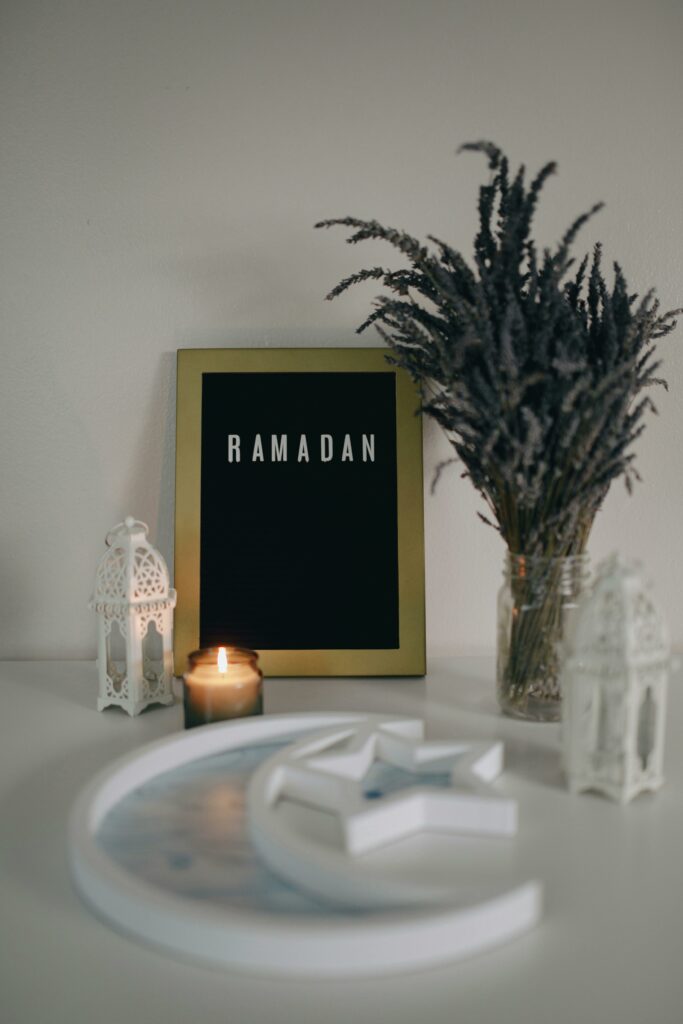
Ramadan 2025 Dates: Prepare for a Blessed Month of Learning and Reflection Introduction: A Sacred Month, an Opportunity for Spiritual and Linguistic Learning Ramadan 2025 is approaching, and like every year, it represents a precious time for Muslims around the world. It is a month dedicated to spiritual purification, fasting, prayer, and Quran recitation. But […]
How to Prepare for a Fruitful Ramadan 2025: Practical and Spiritual Guide
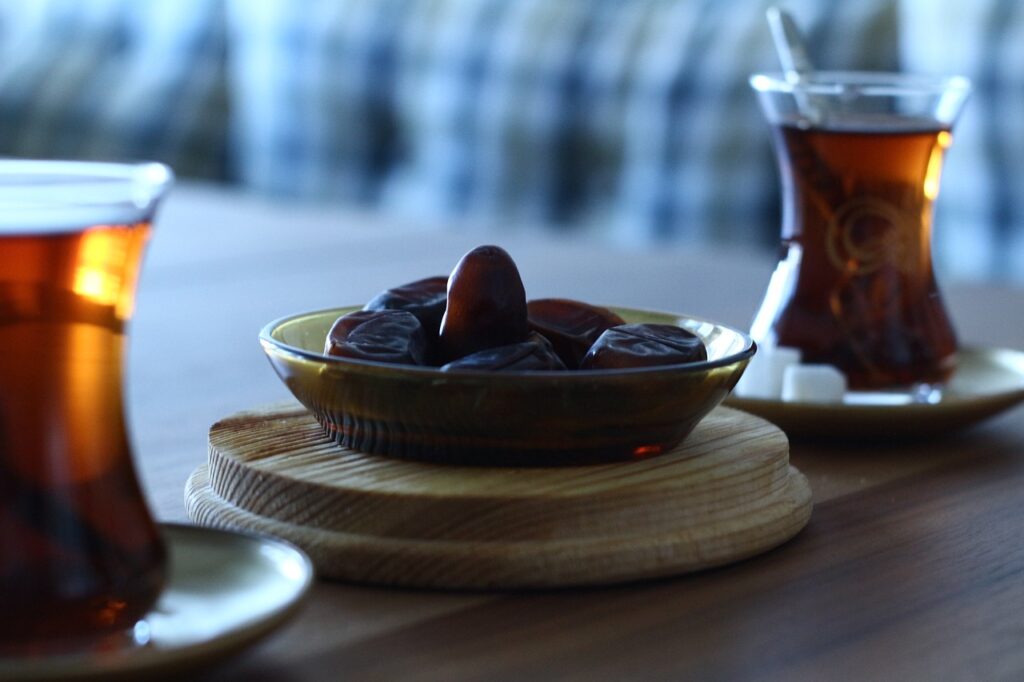
How to Prepare for a Fruitful Ramadan 2025: Practical and Spiritual Guide The holy month of Ramadan is a precious time for strengthening one’s faith, purifying the soul, and drawing closer to Allah. As Ramadan 2025 approaches, it is essential to prepare both spiritually and practically. In this article, we provide valuable tips to optimize […]
Understanding the Maliki School: The Maliki Madhab in Islam and Its Influence on Learning
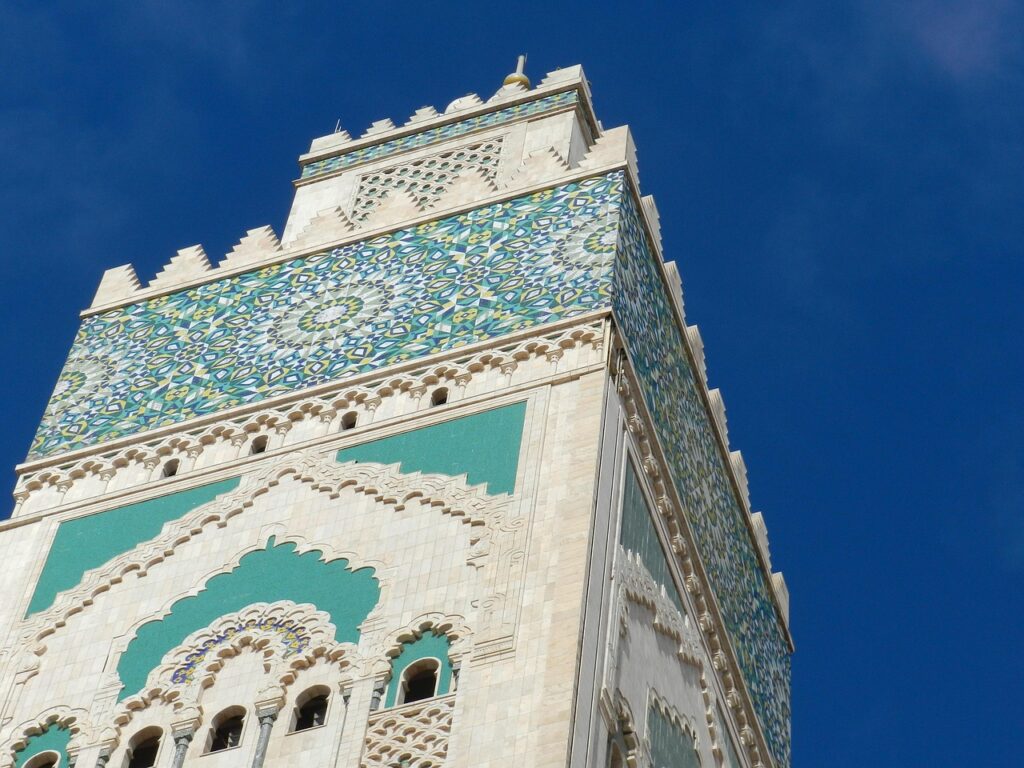
Understanding the Maliki School: The Maliki Madhab in Islam and Its Influence on Learning Islam, with its richness and diversity, is built on jurisprudential schools (madhabs) that have shaped the religious practice of millions of Muslims worldwide. Among these schools, the Maliki madhab holds a special place. Founded by Imam Malik ibn Anas, this school […]

